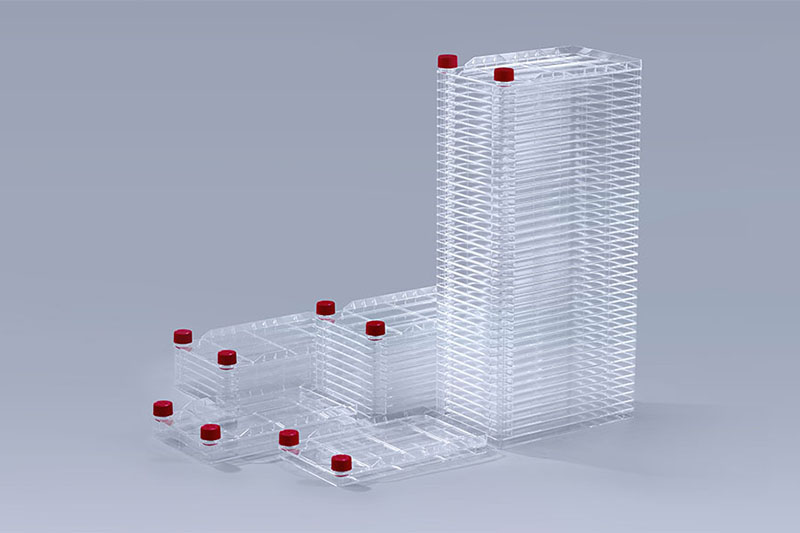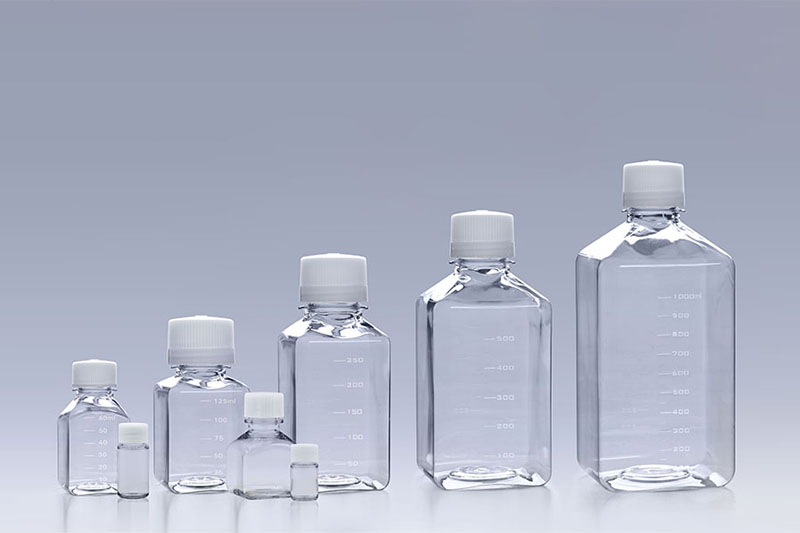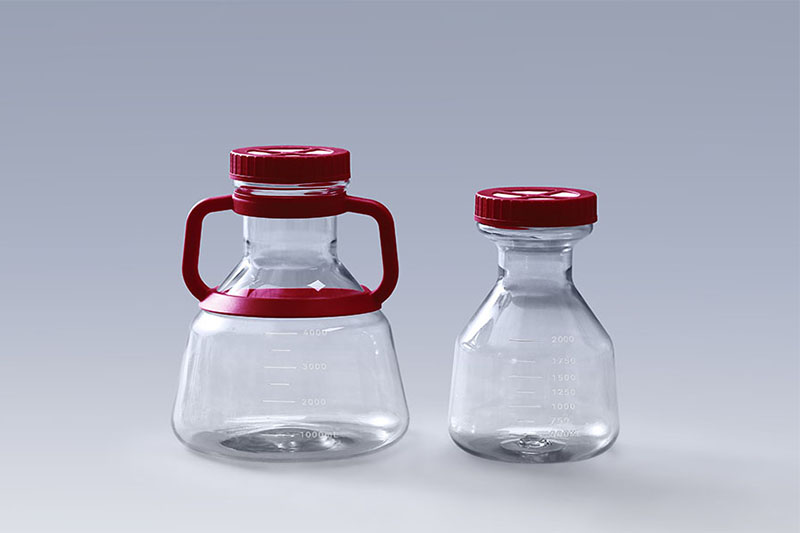July 17, 2023, the U.S. Food and Drug Administration approved Beyfortus (nirsevimab-alip) for the prevention of Respiratory Syncytial Virus (RSV) lower respiratory tract disease in neonates and infants born during or entering their first RSV season, and in children up to 24 months of age who remain vulnerable to severe RSV disease through their second RSV season.
“RSV can cause serious disease in infants and some children and results in a large number of emergency department and physician office visits each year,” said John Farley, M.D., M.P.H., director of the Office of Infectious Diseases in the FDA’s Center for Drug Evaluation and Research. “Today’s approval addresses the great need for products to help reduce the impact of RSV disease on children, families and the health care system.”
RSV is a virus that causes acute respiratory infection in individuals of all age groups. While most infants and young children experience mild, cold-like symptoms, some infants, especially with their first infection, develop lower respiratory tract disease such as pneumonia and bronchiolitis (swelling of the small airway passages in the lungs), that often leads to an emergency department or physician office visit. Premature infants, and those with chronic lung disease of prematurity or significant congenital heart disease, are at highest risk for severe RSV disease. Approximately 1% to 3% of children under 12 months of age in the United States are hospitalized each year due to RSV, according to the American Academy of Pediatrics.
In most parts of the U.S., RSV circulation is seasonal, typically starting during the fall and peaking in the winter; it is transmitted from person to person through close contact with someone who is infected.
Beyfortus is a monoclonal antibody with activity against RSV. Monoclonal antibodies are laboratory-made proteins that mimic the immune system’s ability to fight off harmful pathogens such as viruses. One dose of Beyfortus, administered as a single intramuscular injection prior to or during RSV season, may provide protection during the RSV season.
The safety and efficacy of Beyfortus were supported by three clinical trials (Trials 03, 04 and 05). The key measure of efficacy was the incidence of medically attended RSV lower respiratory tract infection (MA RSV LRTI), evaluated during the 150 days after Beyfortus administration. MA RSV LRTI included all health care provider visits (physician office, urgent care, emergency room visits and hospitalization) for lower respiratory tract disease with worsening clinical severity and a positive RSV test. Trials 03 and 04 were randomized, double-blind, placebo-controlled, multicenter clinical trials.
Trial 03 included 1,453 preterm infants (born at greater than or equal to 29 weeks of gestational age up to less than 35 weeks of gestation) who were born during or entering their first RSV season. Of the 1,453 preterm infants in the trial, 969 received a single dose of Beyfortus and 484 received placebo. Among infants who were treated with Beyfortus, 25 (2.6%) experienced MA RSV LRTI compared with 46 (9.5%) infants who received placebo. Beyfortus reduced the risk of MA RSV LRTI by approximately 70% relative to placebo.
For Trial 04, the primary analysis group within the trial included 1,490 term and late preterm infants (born at greater than or equal to 35 weeks in gestational age), 994 of whom received a single dose of Beyfortus and 496 of whom received placebo. Among infants who were treated with Beyfortus, 12 (1.2%) experienced MA RSV LRTI compared with 25 (5.0%) infants who received placebo. Beyfortus reduced the risk of MA RSV LRTI by approximately 75% relative to placebo.
Trial 05, a randomized, double-blind, active (palivizumab)-controlled, multicenter trial, supported the use of Beyfortus in in children up to 24 months of age who remain vulnerable to severe RSV disease through their second RSV season. The trial enrolled 925 preterm infants and infants with chronic lung disease of prematurity or congenital heart disease. The safety and pharmacokinetic data from Trial 05 provided evidence for the use of Beyfortus to prevent MA RSV LRTI in this population.
Possible side effects of Beyfortus include rash and injection site reactions. Beyfortus should not be given to infants and children with a history of serious hypersensitivity reactions to Beyfortus’ active ingredients or any of its excipients.
Beyfortus comes with warnings and precautions about serious hypersensitivity reactions, including anaphylaxis, which have been observed with other human IgG1 monoclonal antibodies. Beyfortus should be given with caution to infants and children with clinically significant bleeding disorders.
Beyfortus received a Fast Track designation for this indication.
The FDA granted this approval to AstraZeneca.
Source: https://www.fda.gov/news-events/press-announcements/fda-approves-new-drug-prevent-rsv-babies-and-toddlers
The FAI climbed 5.9 percent year-on-year in the first 11 months of 2018, quickening from the 5.7-percent growth in Jan-Oct, the National Bureau of Statistics (NBS) said Friday in an online statement.
The key indicator of investment, dubbed a major growth driver, hit the bottom in August and has since started to rebound steadily.
In the face of emerging economic challenges home and abroad, China has stepped up efforts to stabilize investment, in particular rolling out measures to motivate private investors and channel funds into infrastructure.
Friday's data showed private investment, accounting for more than 60 percent of the total FAI, expanded by a brisk 8.7 percent.
NBS spokesperson Mao Shengyong said funds into weak economic links registered rapid increases as investment in environmental protection and agriculture jumped 42 percent and 12.5 percent respectively, much faster than the average.
In breakdown, investment in high-tech and equipment manufacturing remained vigorous with 16.1-percent and 11.6-percent increases respectively in the first 11 months. Infrastructure investment gained 3.7 percent, staying flat. Investment in property development rose 9.7 percent, also unchanged.
 English
English



















































 Cell Factory Systems
Cell Factory Systems  PETG Media Bottles
PETG Media Bottles Cell Culture Erlenmeyer Flask
Cell Culture Erlenmeyer Flask